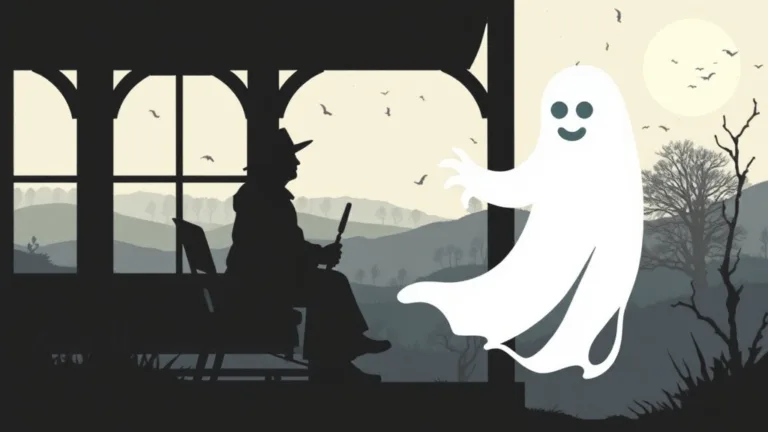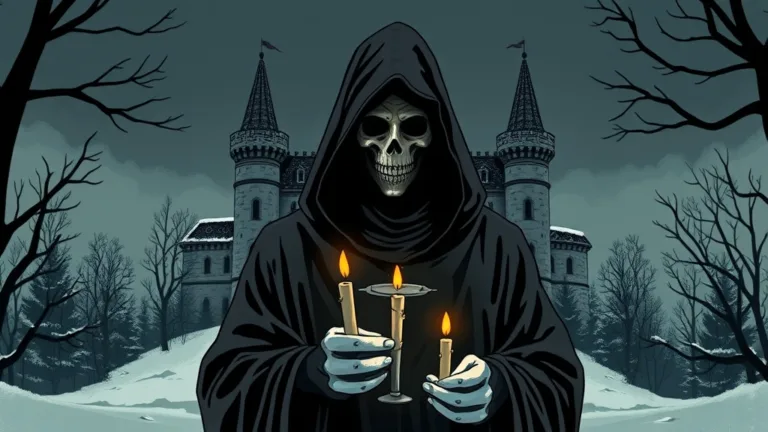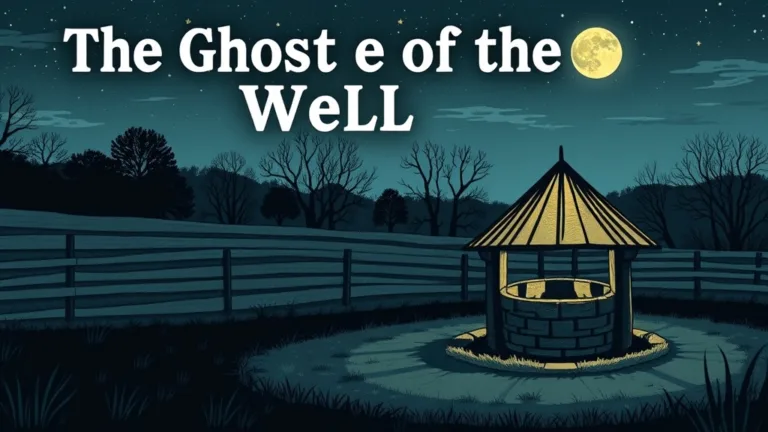In the midday of October 11th, 2016, a middle-aged gentleman called Carlos Herrera Senior entered the meeting section of a penitentiary in Venezuela.
The chamber itself resembled somewhat like a secondary school dining hall, with desks and seats all around for the convicts and their guests to settle and conduct their conversations. And directly in front of one of these desks sat a disheveled-appearing detainee—this was the individual Carlos had arrived to encounter.
As one approached this inmate, it became evident he looked utterly horrible. His facial bones were protruding, he appeared gaunt, bloody, and battered. He had dressings on his limbs. And as one neared him, they could plainly witness the wardens stationed along the barriers and exits of the meeting space fidgeting with unease, nervous as this conversation was about to occur.
And there was valid cause for their nervousness.
During the previous thirty days, the facility had been under restriction. A clique inside had revolted, overthrown the personnel, and completely seized command. Throughout that period, individuals had perished. It had been an atrocious, savage phase, and only in the last few days had the guards managed to restore order to the compound.
Juan was aware of all this—not only because the insurrection had been widespread in the media, but because his own offspring, Juan Jr., had been serving a sentence in that correctional facility for theft. He had remained there for the past twelve months.
Nevertheless, Juan Senior was not there to see his child.
He was present to meet someone else—a distinct captive—because amid the upheaval, Juan Jr. had vanished. After discovering this, Juan Senior had reached out to penitentiary authorities, lawmakers, anyone who could assist him in learning what had occurred. But nobody appeared to have any knowledge.
Eventually, he tracked down this one inmate—the battered man he was seeing that day—who had consented to step forward and reveal what he understood.
Juan took a seat at the desk, and after they exchanged names, he swiftly stated, “Kindly, explain what transpired with my boy. Where is he?”
But the detainee didn’t instantly start with a straightforward narrative about Juan Jr. Instead, he began speaking about another prisoner—a man named Doran Hel Vargas.
Vargas was infamous throughout Venezuela for a sequence of savage homicides that ultimately placed him in this penitentiary. During the uprising, it was Vargas and his crew who had taken over. He had effectively led the rebellion.
Though he had been terrorizing and abusing individuals—and was culpable for numerous convict fatalities—he was also the one ensuring those under his rule had sufficient nourishment, resources, and fundamental provisions. It was a warped kind of governance: merciless and vicious, but with the minimal structure to keep people surviving.
As Juan Senior listened to the prisoner speak about Vargas and how he had managed things during the revolt, he grew irritated.
“I don’t understand,” he said. “Why are you telling me all this about Vargas?”
The prisoner quickly gestured to the bandages on his limb and the rest of his visible wounds.
He informed Juan that anyone who interfered with Vargas during the insurrection was assaulted nearly to demise. And in certain instances, they were slain.
This was a cruel dominion.
Juan then questioned, “Dear God, is that what occurred to my boy? Was he attacked like you, by Vargas?”
But the prisoner shook his cranium.
“No,” he said, gazing downward and evading eye contact. “What happened to your child was far more horrifying.”
According to the detainee, at some moment during the riot, Juan Jr. had been selected by Vargas to assist with something. It wasn’t evident whether Juan Jr. went voluntarily or if he was forced, but the truth was that everyone had to comply with Vargas—or else they’d be battered or executed.
Ultimately, Juan Jr. agreed to assist.
His mission? Handing out food to inmates.
Because of the shutdown, provisions were limited, and the prisoners were beginning to starve. Vargas required assistance in distributing what little nourishment remained to the convicts.
So Junior consented.
But then, he was informed precisely what his duty was in locating food.
He wasn’t going to obtain food—he was the food.
Vargas and his crew had trapped Juan Jr., bludgeoned him to death, dismembered his corpse, and served him to the other inmates.
That was what had transpired with Juan’s offspring.
After hearing this ghastly account, Juan Senior was heartbroken.
One of the first actions he took was to go publicly. He conducted a media gathering and disclosed to the world what had taken place. But despite several eyewitness testimonies, the Venezuelan regime rejected the claims of cannibalism. No one was ever held liable.
Doran Hel Vargas remains imprisoned to this day and has never been accused of any offense linked to Juan Jr.’s vanishing.



